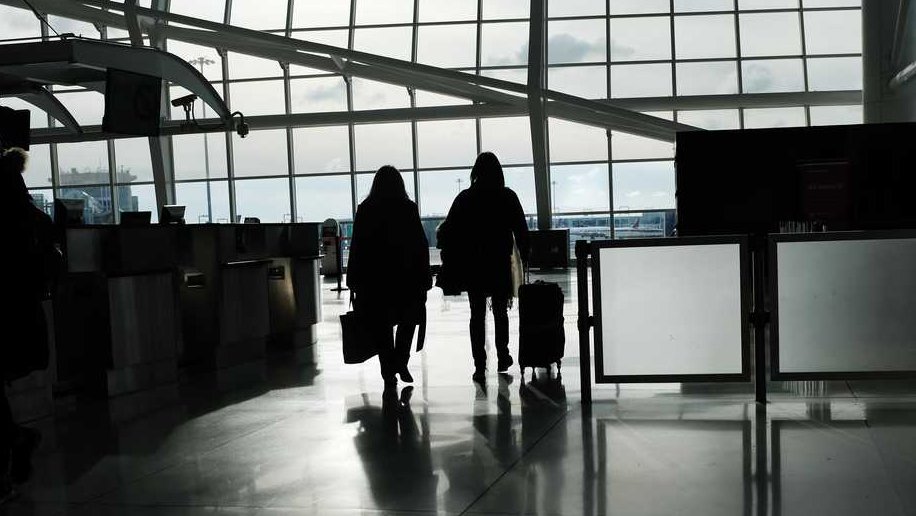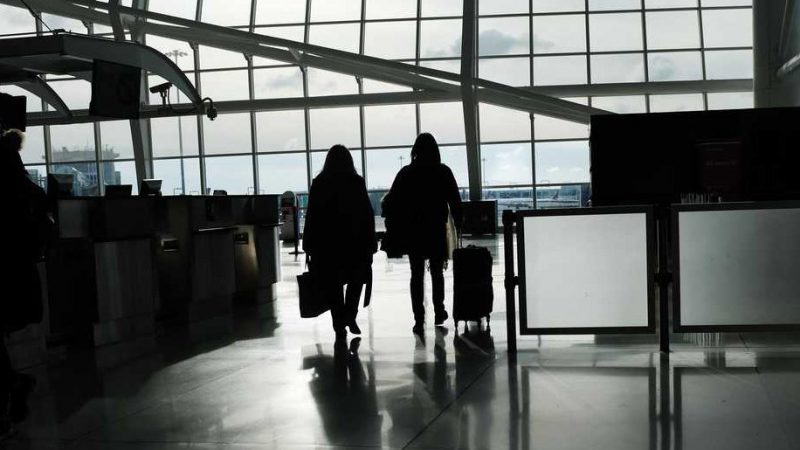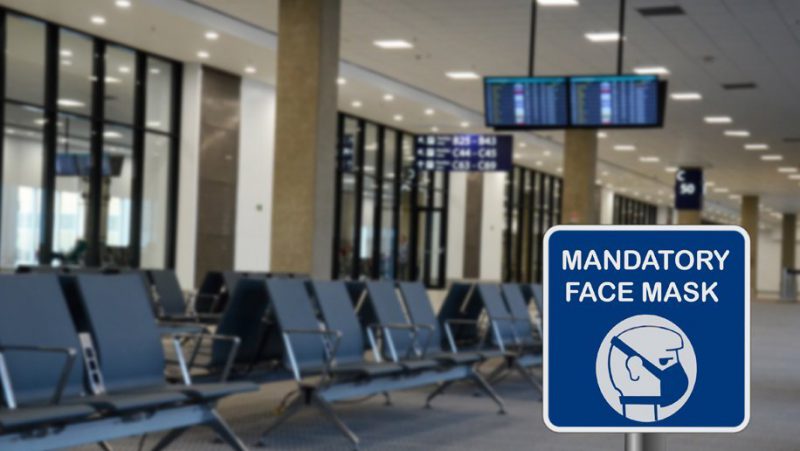Flight Safety Foundation: ‘It’s Safe to Fly’
ACI and IATA support findings, join in the call for coordinated global action on testing
October 15, 2020


After a six-month analysis of the air travel industry’s response to the coronavirus pandemic, the Flight Safety Foundation has concluded that industry efforts have succeeded in greatly reducing the possibility of transmission in airports and on aircraft.
“The latest evidence shows that aircraft and airports have very low levels of transmission,” said Dr. Hassan Shahidi, president and CEO of the Foundation. “With the health and safety measures that airlines, airports and security personnel have now put in place, the risk of contracting this virus appears extraordinarily low, much lower than in other public places,” Shahidi said. “Given these extraordinary measures, the traveling public should have increased confidence that it’s safe to fly.”
The Flight Safety Foundation is an independent, nonprofit, international organization engaged in research, education, advocacy and communications to improve aviation safety. The Foundation’s mission is to connect, influence and lead global aviation safety.
What’s needed next? Uniform global standards for testing passengers and crew. Airports Council International World and the International Air Transport Association have joined in a call for governments to use testing as a means to safely re-open borders and re-establish global connectivity to protect countries from the importation of COVID-19 cases.
Both agree that safely reopening borders without quarantine by using a coordinated approach to testing would boost the entire economy and be a revenue lifeline for airlines and airports. ACI and IATA have called on the ICAO Council Aviation Recovery Task Force to provide an internationally agreed and recognized approach to testing that can be adopted at a national level.
The Flight Safety Foundation concurs, asking governments to replace “haphazard, restrictive international travel bans and blanket quarantines with better, smarter measures that are more uniform and focused on preventing spread of the virus through reliable testing,” said Capt. Conor Nolan, chairman of the Foundation’s Board of Governors and director of Safety and Security at Aer Lingus.
“We now have disjointed testing rules, indiscriminate bans, and confusing quarantine rules that discourage passengers from making travel plans,” said Nolan. “Governments and industry need to coalesce around universally accepted testing standards to identify and prevent the spread of the virus until we get a vaccine.”
ACI World director general Luis Felipe de Oliveira explained, “ACI and IATA are aligned in calling for urgent government action to introduce widespread and coordinated testing of passengers to enable quarantine requirements to be removed. Without this action, it is not an exaggeration that the industry is facing collapse.”
“Momentum is building in support of testing to re-open borders. It’s the top operational priority,” emphasized Alexandre de Juniac, IATA’s director general and CEO.
The Foundation’s analysis of data from leading public health authorities, industry participants and its own expert medical consultants attributed the low incidence of COVID-19 in international air travel to robust cleaning and sanitization measures, as well as vigilance and strict adherence to rigorous social distancing guidance.
The research found airlines and airports have implemented sweeping changes to enhance health safety, including:
• Improved cleaning and disinfection procedures and technologies;
• New socially distant boarding and deplaning procedures;
• Enhanced training and virus testing for employees;
• Personal protective equipment requirements, including face mask mandates;
• Contactless check-in and other processes at every stage of the passenger experience;
• International airport health accreditation programs.

The Foundation noted that modern passenger aircraft design has played an important role in protecting the public from health risks of the coronavirus. Nearly all modern aircraft feature frequent cabin air changes and advanced high-efficiency particulate air filtering systems that can eliminate particles far smaller than the coronavirus. HEPA filters are the same technology used to keep operating rooms and industrial clean rooms safe.
“When procedures are followed, there is very little risk of virus transmission,” said Shahidi.
The general consensus is that restarting air travel is crucial to averting an employment crisis in the travel and tourism sector, and ensuring that the critical aviation structure remains viable and able to support the economic and social benefits on which the world relies.
The Air Transport Action Group estimates that 46 million jobs are at risk because of the loss of connectivity caused by the COVID-19 crisis. The vast majority of these (41.2 million jobs) are in the travel and tourism sector which relies on aviation. The remainder (4.8 million jobs) are spread across direct employment in aviation, including airports and airlines.
The viability of the airline sector to support employment is being challenged by the severe and prolonged decline in business:
• ACI estimates the airport industry will suffer a 60 percent reduction in revenues, reaching an unprecedented drop of $104.5 billion.
• IATA estimates that airline revenues will be down at least 50 percent ($419 billion compared to $838 billion in 2019).
Industry organizations are also urging governments to address the devastating impact of border closures and other government-imposed travel restrictions through direct financial support that protects jobs and operations, does not increase debt levels and
minimizes default on debt and credit losses.
“The COVID-19 pandemic remains an existential crisis and airports, airlines and their commercial partners need direct and swift financial assistance to protect essential operations and jobs,” de Oliveira said. “But such assistance is only one piece of the puzzle as the industry restarts and prepares to sustain continuing operations focused on the health and welfare of travelers, staff, and the public.”




